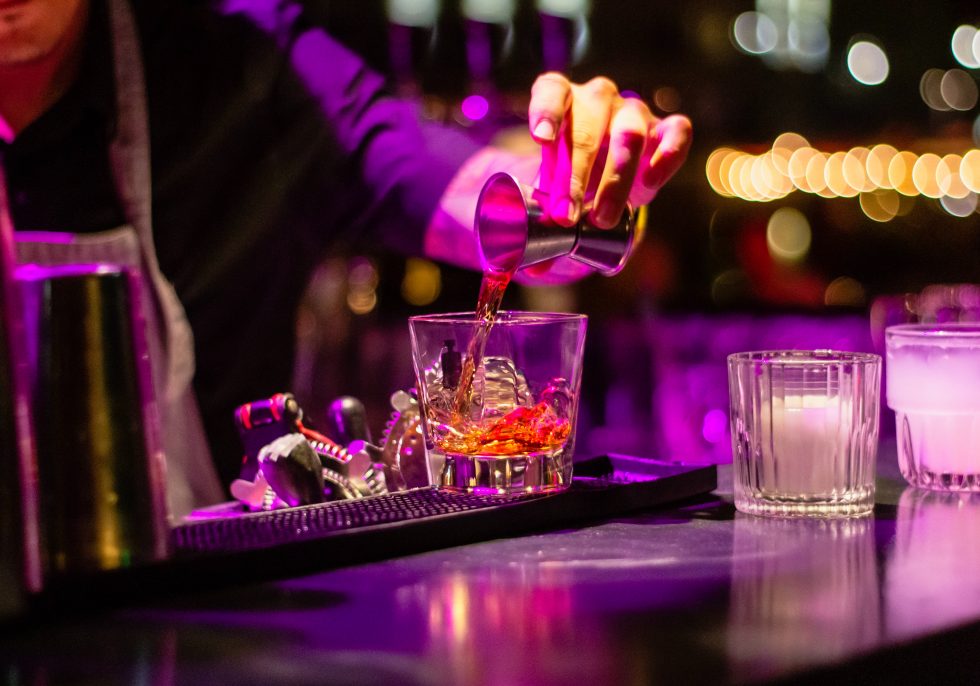With economic growth and increased globalisation, alcohol consumption generally increases as it gets more affordable and popular as a drink for celebratory or social occasions, and even for stress-relief. This same trend has been observed in Singapore – where the per capita alcohol consumption in Singapore has nearly trebled from 2005 to 2015, and a study released in 2016 estimated the prevalence of binge drinking in Singapore to be 9.6 per cent of the population. Among young adults in the recent decade or so, the number of alcohol-related incidents including verbal abuse, physical abuse, domestic violence, as well as property damage and vandalism have also increased. According to the Institute of Mental Health, a nation-wide study in 2010 found that one in 19 of those aged 18 to 34 struggle with alcohol dependence, abuse and disorders. The study also highlighted that the chances of alcohol-use disorders in this age group were twice that of age groups above 35. In this article, we will thus explore why drinking is becoming more prevalent, and the types of alcohol-related harm that young adults are increasingly vulnerable to.
For sure, individuals don’t become an alcohol addict overnight – they usually start with binge drinking, which is the worrying trend among young adults. Binge drinking is defined as the heavy consumption of alcohol within a short span of time with the intention of being inebriated. Binge drinking can be classified under mainly two categories: extensive drinking on a single occasion, or continuous drinking over days or weeks. It isn’t a rare sight to see youths gathering on a Friday night or weekends to go clubbing – places where most drinks have high alcohol content. Even with the COVID19 pandemic at present, young adults can still be seen to gather in small groups to drink and socialise. As a matter of fact, more people have turned to drinking in order to cope with the COVID19 situation. On a global scale, studies have shown that alcohol sales and consumption has risen. As an example, according to a recent study conducted by the USA Nielsen Company, there has been a 240% increase in internet alcohol sales, including hard liquor. Needless to say, it is not surprising that more Singaporeans would pick up drinking in order to cope with their unpleasant emotions and distress as well.
Frequent binge drinking may lead to alcohol dependence or addiction, especially when these individuals start consuming larger amounts of alcohol in order to obtain the same “high”. So why are more young adults exposed to alcohol drinking? Firstly, Singapore’s progress and prosperity have brought about lifestyle changes of youths and young adults compared to their parents’ generation. The increasing independence and thrill-seeking behaviours of these younger people might also include experimenting with alcohol. Secondly, globalisation has undermined many of the traditional controls on alcohol, making it widely available and aggressively marketed and promoted throughout society.
People who begin drinking early in life run the risk of developing serious alcohol problems, including alcoholism, later in life. They also are at greater risk for a variety of adverse consequences and poor performance in school or at work.
Overall, alcohol-related harm doesn’t merely include alcohol poisoning or eventual liver failure. Rather, it can also refer to:
- Other related long-term diseases due to chronic heavy drinking
- Unintended sexual behaviours, including sexual assault
- Accidents such as those caused by drunk-driving
- Suicide
- Crime, including violent crimes and homicide
To reiterate, binge drinking can very well lead to alcoholism and it shouldn’t be taken too lightly. Identifying people at greatest risk can help stop problems before they develop. Young people are at greater risk of alcohol-related harm than adults. Excessive alcohol drinking as a teenager can greatly increase the risk of damage to the developing brain and also lead to problems with alcohol later in life. For those of you that find yourselves increasingly inclined to drink high amounts of alcohol, do consider taking proactive steps to reduce your intake. It may require strong willpower and determination initially, but things will be easier once you take the first step. Go for alcohol addiction treatment therapy or counselling, if it can give you the push you need to counter your drinking habits, or connect with like-minded people through peer support groups such as Alcoholics Anonymous. By curbing and reducing your alcohol consumption to safe levels, you will be doing both your physical and mental health a favour.
References:
Dr. Barry L. Jackson, 2016, Drinking & Alcohol-Related Harm Among Young Adults, video recording, Mental Health Academy
<https://www.mentalhealthacademy.co.uk/dashboard/catalogue/drinking-and-alcohol-related-harm-among-young-adults?start=true> (Accessed 13/08/2020)
https://www.straitstimes.com/singapore/alcohol-abuse-worse-among-younger-people (Accessed 13/08/2020)
https://www.imh.com.sg/wellness/page.aspx?id=1224 (Accessed 14/08/2020)
Chodkiewicz J., Talarowska M., Miniszewska J., Nawrocka N. (2020) ‘Alcohol Consumption Reported during the COVID-19 Pandemic: The Initial Stage’, Int. J. Environ. Res. Public Health 2020, 17(13), 4677; https://doi.org/10.3390/ijerph17134677 (Accessed 22/08/2020)

